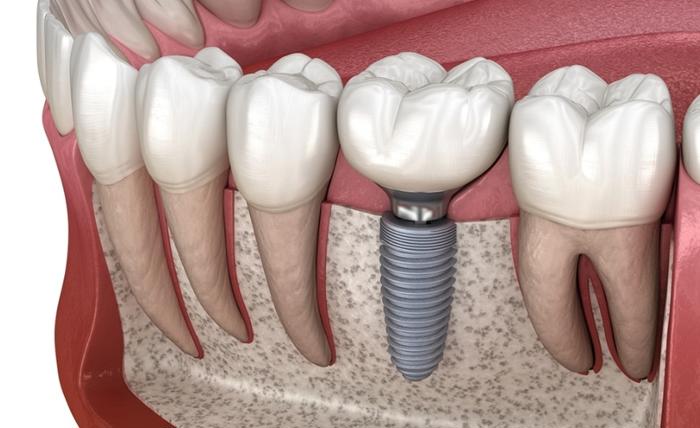You face many decisions when considering dentures or implants. Bone health plays a crucial role in these choices. Without strong bones, dentures may not fit well. Implants rely on healthy bones for stability. This affects long-term success.
Bone health becomes even more pressing with age. As you age, bone loss can increase. This may complicate the process of fitting dentures in Fresno or choosing implants. You must understand how bones work in the mouth. Knowing this helps you make informed decisions. You need to plan for the future and avoid complications.
Focus on maintaining your bone health. This is essential for comfortable and effective dental solutions. Learn ways to support bone health through diet and lifestyle changes. With the right guidance, you can ensure better outcomes for your dental health. This understanding will lead you to a more confident smile and a better quality of life.
The Role of Bone Health in Dental Procedures
Bones form the foundation for your teeth. When considering dental work, the quality of your bone matters. Strong bones provide a firm foundation for implants. They also prevent denture slippage. Weak bones can lead to problems. Understanding this connection helps in planning successful dental procedures.
Implants and Bone Health
Dental implants need adequate bone for support. When bone levels are insufficient, implants may fail. Proper assessment of bone density is crucial. This determines whether implants can be placed without risk. If bone loss is present, bone grafting may be suggested. This can increase bone volume and improve success rates.
Dentures and Bone Structure
Dentures sit on bone ridges in the mouth. Strong, well-shaped bones help ensure a good fit. Bone loss can lead to ill-fitting dentures. This may cause discomfort and speech difficulties. Regular dental check-ups can monitor bone changes. Early intervention can prevent further complications.
Comparing Dentures and Implants
| Aspect | Dentures | Implants |
|---|---|---|
| Support | Rests on gums and bone ridges | Anchored in bone |
| Stability | May shift or slip | Highly stable |
| Bones Needed | Generally requires less bone | Requires good bone health |
Factors Affecting Bone Health
Several factors can influence bone health. Age, diet, and lifestyle play key roles. Calcium and vitamin D are important for bone strength. Regular exercise can help maintain bone density. Avoid smoking and limit alcohol to protect your bone health.
Steps to Enhance Bone Health
Improve your bone health with simple steps. Start by eating a balanced diet rich in calcium. Incorporate foods like dairy, green leafy vegetables, and fortified products. Ensure adequate vitamin D intake through sunlight exposure or supplements. Engage in weight-bearing exercises such as walking and jogging. Visit National Institute on Aging for more information on maintaining bone health as you age.
When to Seek Professional Advice
Consult a healthcare provider if you notice changes in your dental health. Regular dental visits can help detect bone issues early. A dental professional can assess your bone health and suggest appropriate treatments. Early action can prevent further bone loss and improve dental outcomes.
Understanding the importance of bone health in denture and implant planning is crucial. You make better choices for your dental needs and future health. With the right care and attention, you can enjoy a functional and confident smile for years to come. Visit National Institute of Dental and Craniofacial Research for further details on dental health and treatment options.


